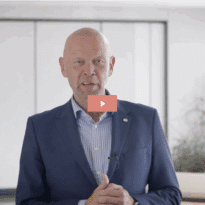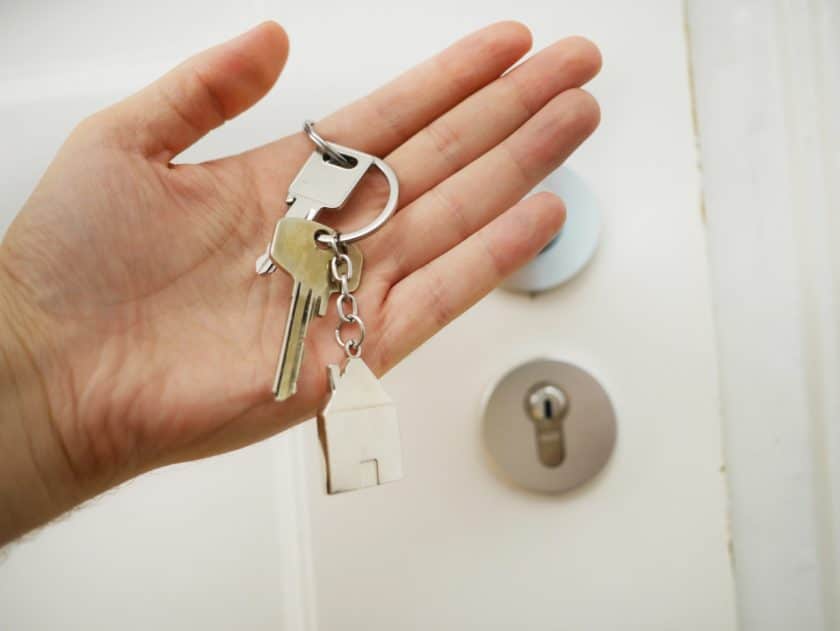The average house has jumped over 8% in the last 12 months to £256,900 but rising interest rates could put a dampener on growth, say experts.
New research from Zoopla showed the price of an average home has increased by £19,800 over the past year, whilst the average first-time buyer property has shot up by £33,000 to £269,000.
First-time buyers continue to act as the biggest driving force in the housing market, accounting for more than a third (35%) of all property transactions in the UK. However, soaring interest rates and mortgage prices could mean that they are also likely to be the worst affected by these rises, with the average monthly mortgage payment up 20% since the start of the year to £976 a month.
Tom Brown, managing director of real estate at Ingenious, said: “Market consensus is forming around forecast borrowing base rates above 3% by the middle of next year. Whilst we think that could be a little high, there will certainly be some unwelcome additional mortgage costs for owner occupiers and investors throughout 2023 and beyond.”
Brown said the Bank of England’s recent decision to relax mortgage lending stress testing was a “well-timed intervention”, providing continued access to credit for homeowners, although that credit will inevitably be more expensive for the foreseeable future.
Brown added: “Whilst some potential buyers may be tempted to defer buying property, the increasing costs of renting and the acute lack of available rental units in much of the country means this option is unlikely to provide any short term cost relief.”
While more than half (53%) of properties are still selling at or over their final asking price, according to Rightmove, data also showed a 13% increase in the number of sellers last month, providing a much-needed injection of stock for prospective buyers.
David Hannah, group chairman at Cornerstone Tax, said: “The problem we have in the UK property market is the disparity between supply and demand. If builders are building and they’re over supplying, it will soften house prices and the appreciation in asset value. But, if the number of people wanting to buy houses continue to exceed the supply then those prices will start to rise again. Unfortunately, the government’s target of 300,000 new homes a year has not been met, meaning this issue is unlikely to be resolved soon.
“Whilst I do believe the impact of rising interest rates will gradually start to affect prices, we also have an open market in the UK which means not only are domestic purchasers and investors looking to buy but we also have inbound investors. This means that even if demand cools domestically, international buyers could contribute to keeping prices high.”
Simon Bath, CEO of iPlace Global, commented: “The latest reports from Zoopla and Rightmove show clear signs that there could be a slowdown in housing market activity towards the end of the year. Although this is likely due to the fact that many people are currently on holidays, rising mortgage prices could also be a driving factor towards the in demand, particularly for first-time buyers, many who are really struggling to get onto the ladder in the current market conditions.
“It’s great that we are beginning to see an increase in the number of sellers and we have research showing that almost a quarter of millennials are now looking to buy a home to develop not to live in. Hopefully, this added stock can further help to put the brakes on rising prices over the next year, with less competition making it easier for first-time buyers to make their way on to the property ladder.”
Bath said the government must also take steps to ensure that they create new schemes to replace old schemes such as Help to Buy. With borrowing costs set to jump further, government assistance will be crucial to ensure that everyone gets the opportunity to step on to the housing ladder.































